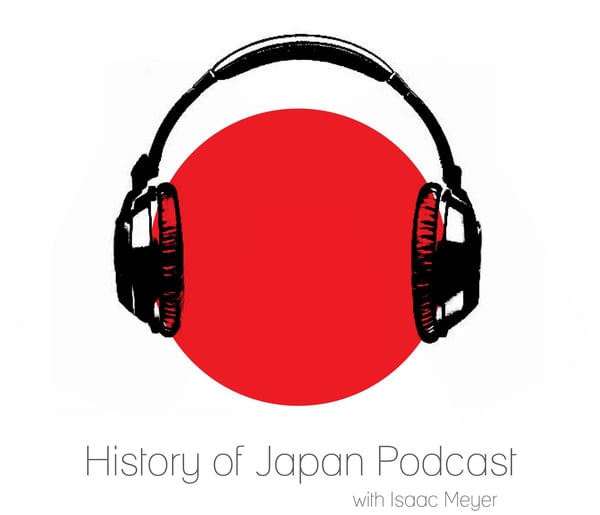Episode 212 - The Scourge of the Gods, Part 3
History of Japan
Isaac Meyer
4.8 • 744 Ratings
🗓️ 7 October 2017
⏱️ 26 minutes
🧾️ Download transcript
Summary
This week I promise we'll actually get to the 1274 invasion. But first, how were the samurai who defended Japan organized, and what weapons did they use?
Transcript
Click on a timestamp to play from that location
| 0:00.0 | Thank you. Hello and welcome to the History of Japan podcast, Episode 212, Scourge of the Gods, part three. |
| 0:49.5 | So we're finally at the actual war, well, more or less. |
| 0:54.6 | Before we get to talking about the actual Mongol invasions of 1274, I first want to address |
| 1:00.1 | something very important. |
| 1:02.3 | How are the Japanese forces that will face down the Mongols actually a raid? |
| 1:07.8 | Well, there are two parts to that answer. |
| 1:10.7 | The first has to do with the way in which Japanese forces were organized, the second with the tools they took into the fray. |
| 1:18.9 | By 1274, Japan was firmly in the age of the samurai. |
| 1:23.8 | Though the old traditions of imperial government would hang on until the 1500s, and as empty honorific titles until the Meiji Restoration, by 1274 the old Kokshi, the imperial provincial governors, had been rendered functionally powerless. |
| 1:41.4 | They had been replaced by the Shugo, regional military commanders appointed by the Kamakura |
| 1:48.0 | government of the Hojo Regents. These were, in essence, the predecessors of the great lords, |
| 1:54.4 | the Daimyo, of the Sengoku period. That said, there were some key differences between the Shugo and their later lords of Japanese history. |
| 2:03.6 | First, in theory, the powers of the Shugo were heavily circumscribed. |
| 2:08.6 | This was, in essence, a sort of temporary feudalism. |
| 2:12.6 | Shugo were in charge of monitoring local samurai, Gokhenin, or vassals, because all of them were vassals of the Kamakura shoguns. |
| 2:22.8 | The job of the Shugo was to monitor these men and ensure their loyalty and to organize them in times of war and conflict. |
| 2:30.3 | They did not pay taxes, per se, to the Kamakura government, but did have tribute obligations, |
| 2:36.6 | offering up a certain amount of valuable goods to the Shogun as a gift on a regular basis. |
| 2:43.2 | However, the title of Shugo was not hereditary. In theory, it could be revoked at any time. |
| 2:49.9 | The Hojo were also careful to try and follow an ancient |
| 2:52.9 | Chinese custom called the rule of avoidance. Simply put, Shugo could not be from the place where |
| 2:59.1 | they served. That ensured their authority flowed entirely from the position they were given by the |
... |
Please login to see the full transcript.
Disclaimer: The podcast and artwork embedded on this page are from Isaac Meyer, and are the property of its owner and not affiliated with or endorsed by Tapesearch.
Generated transcripts are the property of Isaac Meyer and are distributed freely under the Fair Use doctrine. Transcripts generated by Tapesearch are not guaranteed to be accurate.
Copyright © Tapesearch 2025.

